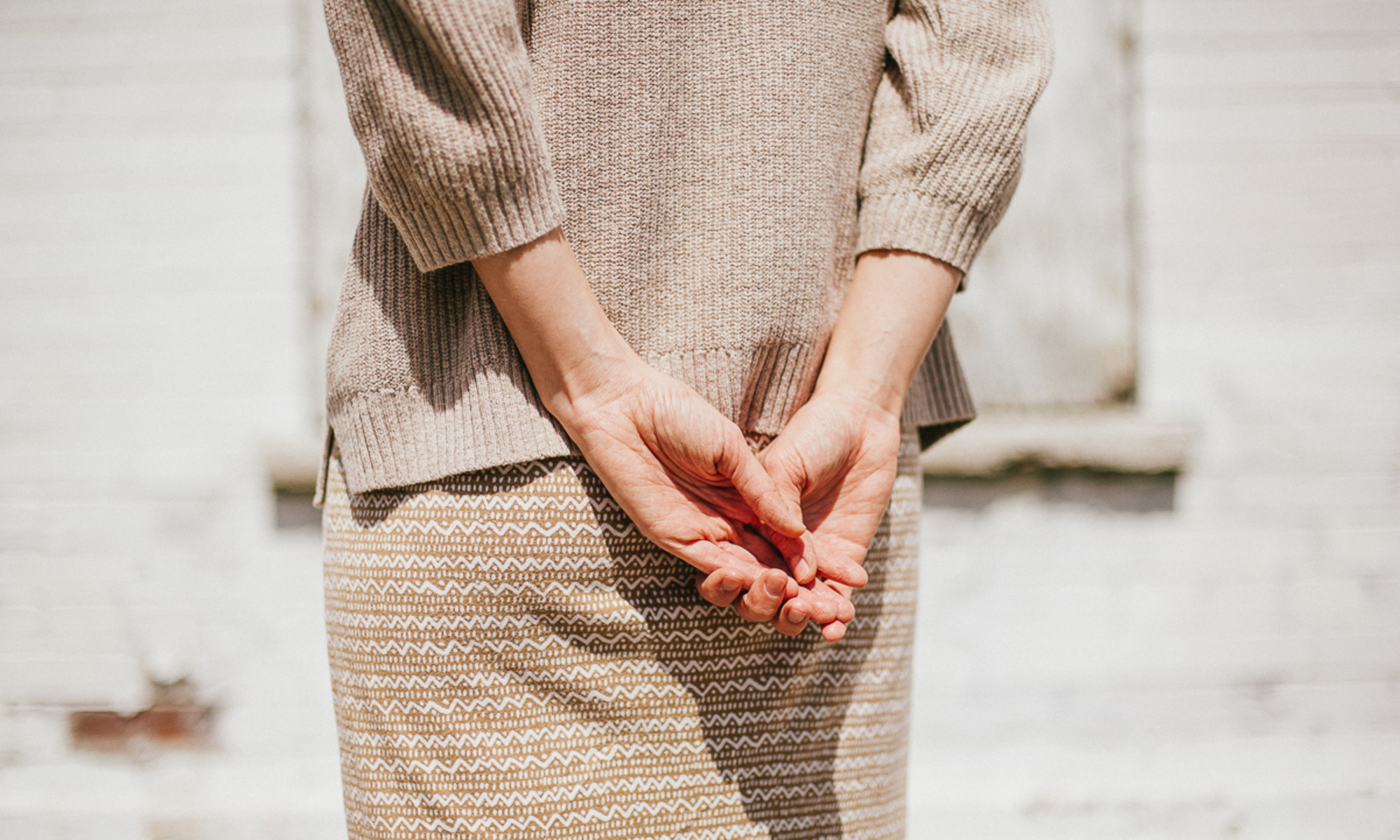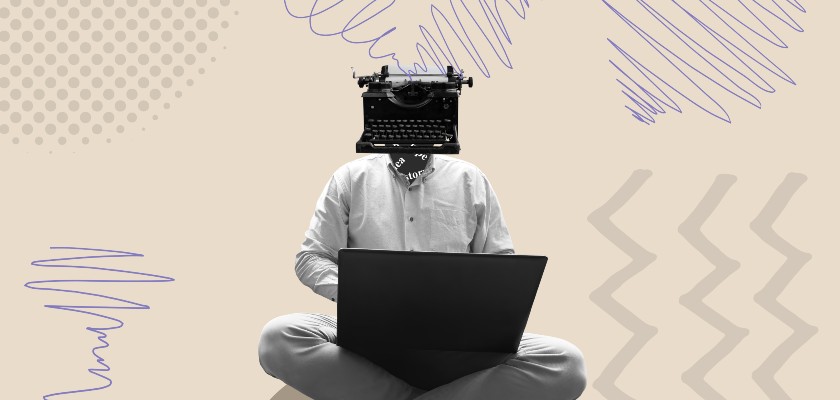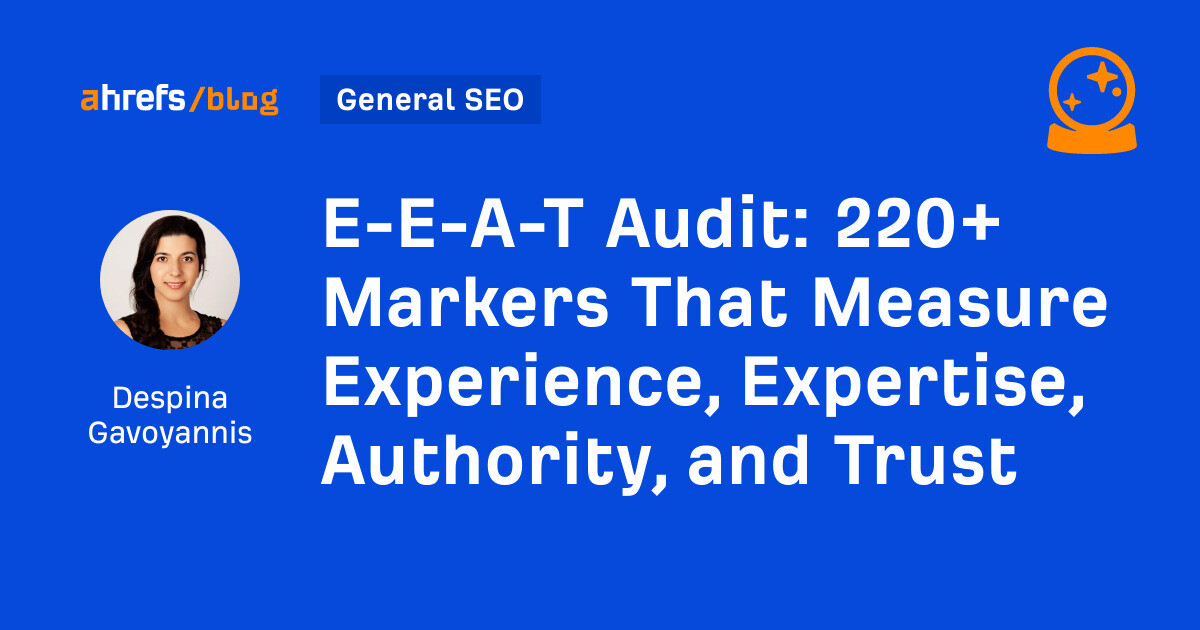Anxiety Is Normal, But How Much Is Too Much? Experts Weigh In
We've all got it, but when is it time to take anxiety more seriously?
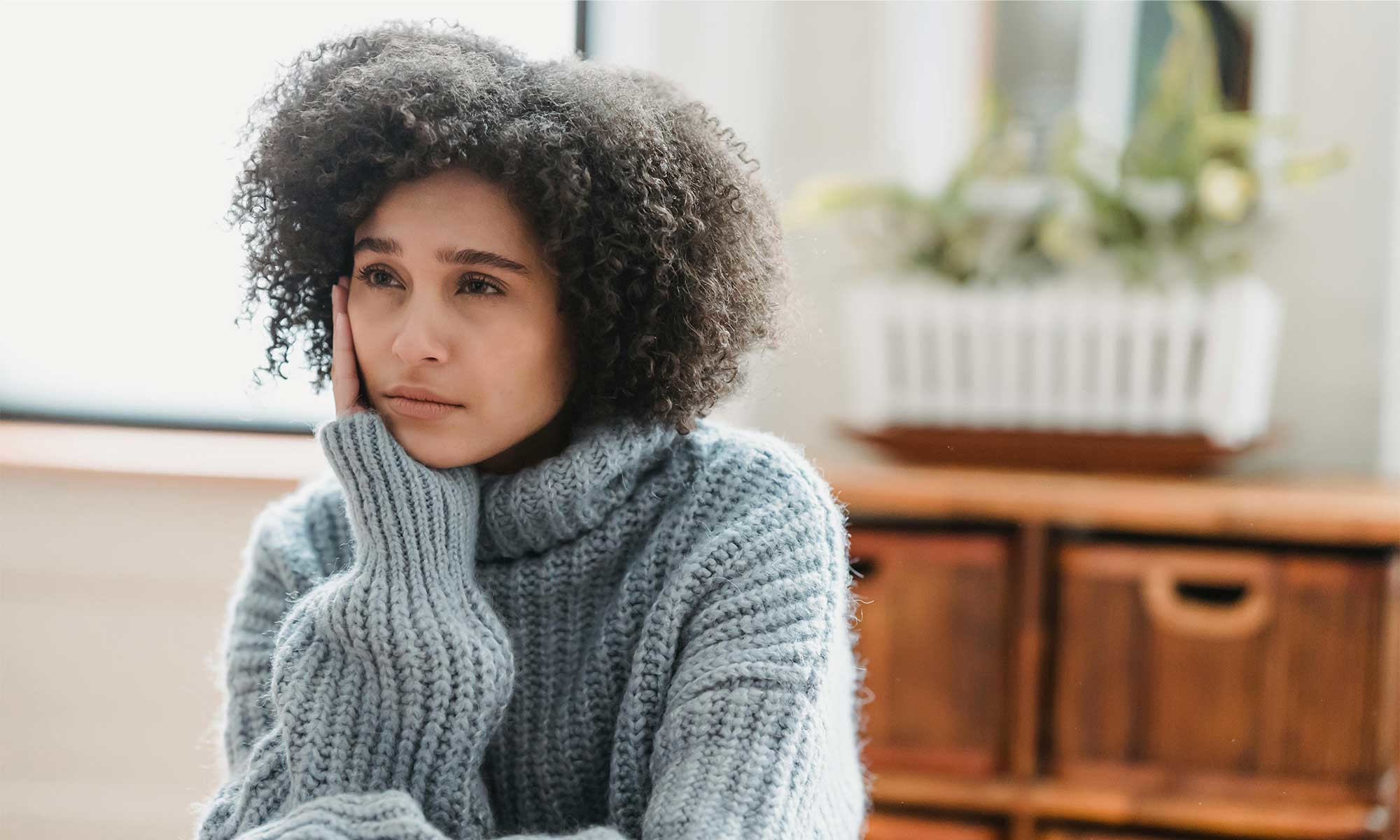

Health Editor
Health Editor
Ailsa Cowell is the Health Editor at mindbodygreen. She holds a M.S. in Human Nutrition from the University of Bridgeport and a B.S. in Environmental Studies and Sustainability from Northern Arizona University. Previously, Ailsa was the Managing Editor for Dr. Mark Hyman. She also worked as a functional nutritionist and freelance writer for other experts and brands in the health space.
May 28, 2025 We carefully vet all products and services featured on mindbodygreen using our Our selections are never influenced by the commissions earned from our links. Anxiety is a universal experience. Who hasn’t felt anxious over a big presentation, an upcoming date, or something silly said at a dinner party on the trip home? While anxiousness is a very natural part of the human condition, that’s not to say it’s always benign. As we navigate a world that’s increasingly fast-paced and unpredictable, understanding what constitutes “normal” anxiety—and when it’s time to intervene—has never been more important. Ellen Vora, M.D., is a board-certified psychiatrist, acupuncturist, and yoga teacher, and author of The Anatomy of Anxiety. She takes a functional medicine approach to mental health—considering the whole person and addressing imbalance at the root. Vora received her B.A. from Yale University and her M.D. from Columbia University. Romie Musthaq, M.D., is a board-certified physician, award-winning wellness speaker, and the founder of brainSHIFT. She brings together over 20 years of authority in neurology, integrative medicine, and mindfulness to deliver programs and create cultural change. She’s also the author of The Busy Brain Cure. If you’re on Team Over-Anxious (team captain, right here), you’re certainly not alone. And, if you’re wondering if anxiety is more common in women, the answer is a big yes. In the U.S., 23.4% of women experienced an anxiety disorder in the past year, compared to 14.3% of men. Upsetting? Yes. Unsurprising? Not so much—more on this to come.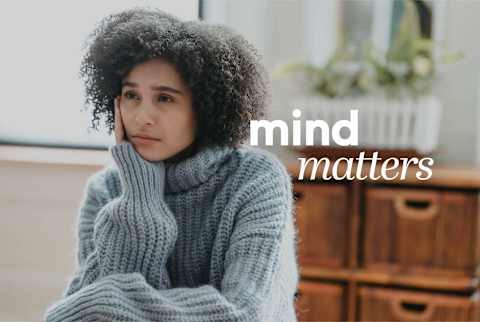
Meet the experts:
Ellen Vora, M.D.
Romie Musthaq, M.D.
Not all anxiety is created equal
I think we can all agree that a certain level of anxiety can be motivational. I’m not big on procrastinating, but a fast-approaching deadline certainly gets my head in the game when a big project is due.
This feels purposeful, while the anxiety in the middle of the night because I might have missed my return deadline on that swimsuit I’m not crazy about (after drinking one too many late-afternoon lattes) doesn’t feel quite as productive.
Ellen Vora, M.D., offers a helpful framework for separating different forms of anxiety.
She distinguishes “false anxiety,” triggered by modern lifestyle factors like blood sugar crashes, poor sleep, and digital overload, from “true anxiety,” which she describes as “our inner compass, arising when something is out of alignment in our personal lives or the wider world.”
Addressing false anxiety with practical lifestyle solutions, like diet, can quickly reduce suffering and make it easier to tune into the deeper messages of true anxiety.
Romie Mushtaq, M.D., also emphasizes that not all anxiety is harmful, “A little anxiety can be your brain’s secret weapon because it sharpens focus, boosts motivation, and keeps you alert when something important is on the line.”
This is known as eustress—the positive, purposeful anxiety that helps you rise to a challenge or grow through new experiences. The key is recognizing when anxiety is motivating versus when it becomes chronic and disruptive.
Both experts warn against the myth that chronic stress and burnout are signs of success.
“Being busy isn’t a badge of honor, it’s often a brain in distress,” says Mushtaq. Chronic stress impairs focus, decision-making, and creativity, and over time, it can even increase health risks like dementia.
The anxiety epidemic is begging us to reframe stress and sacrifice as a means to feeling successful, and seek balance instead.
Being busy isn’t a badge of honor, it’s often a brain in distress.
Why women are more vulnerable
Vora explains, “It’s a result of everything from additional pressures on women, the complexity of the menstrual cycle and the effect of hormonal fluctuations, to greater exposures to toxicants and even societal permission to express anxiety.”
Research confirms this: Women are twice as likely as men to develop an anxiety disorder in their lifetime.
When it comes to hormones, estrogen and progesterone fluctuations1 influence neurotransmitters like GABA, serotonin, dopamine, and glutamate, and subsequently brain areas that regulate mood, behavior, and cognitive abilities (hello, mom brain).
Mushtaq notes that imbalances in thyroid function, sex hormones, and cortisol can all mimic or worsen anxiety, highlighting the importance of medical evaluation for persistent symptoms.
I also can’t help but wonder how the greater mental load many women are carrying ties into our greater risk of anxiety. Women often balance busy careers with the needs of kids, school functions, aging parents, spouses, finances, household demands, and (oh yeah) our own needs. It’s. A. Lot.
It might be easier to ask, what woman isn’t anxious in today’s world?
Red flags that it’s time to seek support
“If you are suffering, you should always feel worthy of seeking professional support, and certainly if you’re feeling unsafe or unsupported in any way,” says Vora.
Mushtaq adds these red flags as a sign anxiety is becoming more chronic and harmful:
“There’s no magic number of symptoms,” Mushtaq says. “If anxiety is affecting your ability to show up for your life, that’s enough reason to seek support.”
If anxiety is affecting your ability to show up for your life, that’s enough reason to seek support.
Where to start
While it may seem doom and gloom, there’s more to managing anxiety than trying to ride out the storm of a busy life.
Many anxiety symptoms are rooted in physical imbalances. Vora cites “blood sugar swings, inflammation, sleep deprivation, gut dysfunction, hormonal imbalance, micronutrient deficiencies, improper hydration, mouth breathing, and the effects of caffeine and alcohol” as common triggers for false anxiety.
Her advice? “Go to bed earlier, eat a bit more protein and healthy fat, and keep the phone out of the bedroom.” Diet, sleep, and blood sugar stabilization are foundational for managing anxiety naturally, and people often underestimate how impactful these kinds of changes can be for mental well-being.
We all have that friend that tells us meditation saves their mental health. And while I’m all for that practice, I appreciated Mushtaq’s nuance on the topic: When someone is really anxious, it’s normal to feel too restless for meditation. “Instead, get up and shake it out, move, walk, do lunges, get your heart rate up.”
Physical movement helps discharge anxious energy and reset the nervous system. If you lean into an activity that brings you joy, like hiking or tennis, even better.
Other modalities might be less common but equally as effective.
Sound healing is an emerging tool with scientific support for treating anxiety. “Specific frequencies, like binaural beats and crystal singing bowls, can shift brainwave activity from a busy beta state to a calm alpha state, promoting relaxation, focus, and emotional regulation,” says Mushtaq.
Go to bed earlier, eat a bit more protein and healthy fat, and keep the phone out of the bedroom.
Lab work to ask your doctor for
If anxiety persists, Mushtaq recommends a full lab evaluation, including:
While there are many factors we can control, others can of course arise. We’re fortunate to be living in an age of ever-expanding biological data, a lot of which can offer clues about chronic anxiety and a better chance at effectively taming it.
For some people, medication may absolutely be the right call, but it can help to rule out the factors you have control over first.
Change on the horizon
Both Vora and Mushtaq are optimistic about the future of mental health care. Vora wants to see anxiety understood as a state of physical imbalance that can often be improved with diet and lifestyle changes, rather than always requiring medication. Mushtaq envisions a world where “mental well-being is not an afterthought,” with flexible work hours, accommodations for neurodiverse brains, and proactive mental health support as the norm.
Changing stigmas starts with how we care for ourselves and what kind of care we ask providers for. We all deserve support.
Remember: Seeking help is a sign of strength, not weakness.
As Vora says, “Anxiety is a symptom, a communication from the body... So much of anxiety is avoidable, and we would do well to identify the source of imbalance and address it so that people can eliminate unnecessary suffering.”
Mushtaq offers, “If it’s starting to feel like your brain never gets a break, it’s time to get support. You don’t have to push through it alone.”
The takeaway
Not all anxiety is bad, but there is certainly a tipping point. Eustress can motivate and help us grow; chronic anxiety signals a need for support.
Start with the basics like sleep, nutrition, movement, and mindfulness to see how you’re able to impart change through your daily choices. But don’t be afraid to check for medical causes—persistent anxiety warrants a medical evaluation.

 Lynk
Lynk 







